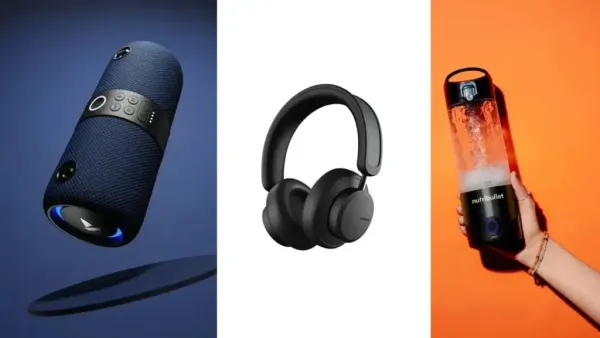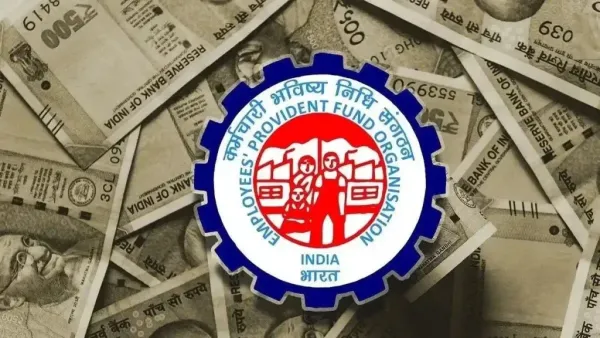
BHOPAL (MP): Madhya Pradesh is grappling with a public health crisis after at least 14 children died due to acute kidney failure linked to contaminated cough syrups. Investigations by state drug authorities have revealed alarmingly high levels of diethylene glycol (DEG), a toxic industrial solvent, in three popular syrup brands. The findings have sparked nationwide concerns about regulatory oversight and pharmaceutical safety standards.
The affected brands and DEG levels
State testing uncovered DEG contamination well above the permissible 0.1% limit:
-
Cold Rif (Srisan Pharma, Tamil Nadu): 48.6% DEG
-
Respifresh (Rednex Pharmaceutical, Gujarat): 1.3% DEG
-
Relife (Shape Pharma, Gujarat): 0.6% DEG
Authorities have confirmed that the contamination is not accidental but indicates serious lapses in raw material sourcing, manufacturing hygiene, and quality control protocols. The Madhya Pradesh government, following the discoveries, has issued orders to ban these syrups, freeze existing stocks, and recall affected batches.
How DEG affects children
Diethylene glycol is commonly used in industrial applications such as antifreeze and heat transfer fluids but is strictly prohibited in pharmaceuticals. Ingesting DEG can lead to nausea, vomiting, abdominal pain, central nervous system damage, and, in severe cases, acute kidney injury. Children are particularly vulnerable due to their smaller body mass, making exposure often fatal within hours or days.
The Punjab government has also joined other states in banning Cold Rif after reports of contamination, underlining the inter-state implications of the crisis.
Regulatory lapses exposed
Investigations point to systemic weaknesses in India’s drug regulatory framework:
-
Industrial-grade solvents were reportedly used instead of pharmaceutical-grade ingredients.
-
Domestic batches are subject to less rigorous testing compared to exports.
-
State-level inspections are uneven, and regulatory units often lack adequate laboratories and trained personnel.
-
Random batch sampling allows contaminated syrups to reach consumers before detection.
Experts note that WHO alerts in 2022 had already highlighted DEG contamination incidents in The Gambia and Uzbekistan, but Indian enforcement remained insufficient, allowing systemic failures to persist.
Urgent reforms called for
Health authorities and public health experts are advocating:
- Mandatory 100% batch testing of cough syrups before sale.
- Clear standards for raw materials with penalties for industrial-grade solvent use.
- Upgrading state drug regulatory units with modern labs and trained staff.
- Public disclosure of test results to enhance transparency.
- Judicial or parliamentary inquiries into corporate and regulatory failures.
Immediate response and caution
Authorities are conducting full-scale investigations into the manufacturers. Hospitals and clinics have been alerted to monitor children for kidney distress, including reduced urine output or lethargy. Caregivers are being urged to avoid the affected brands and use only trusted medicines with transparent quality practices.
Families affected by this tragedy may seek legal recourse, while public calls for strengthened pharmaceutical oversight continue to grow. This incident underscores the urgent need for stringent monitoring of over-the-counter medications and adherence to safety standards across the country.
-
The Imagine Art & Design Fair 2025 returns to Delhi: A Celebration of creativity and collaboration

-
How the tradition of taking Abhyanga bath started on Narak Chaturdashi, know its importance and benefits

-
Diwali gift ideas: great options on a budget

-
Don’t let the breakup become memorable, say goodbye like this, you will be able to move on quickly.

-
EPFO Tagline Contest: Win ₹21,000 and Free Delhi Trip with just one line, apply soon!
